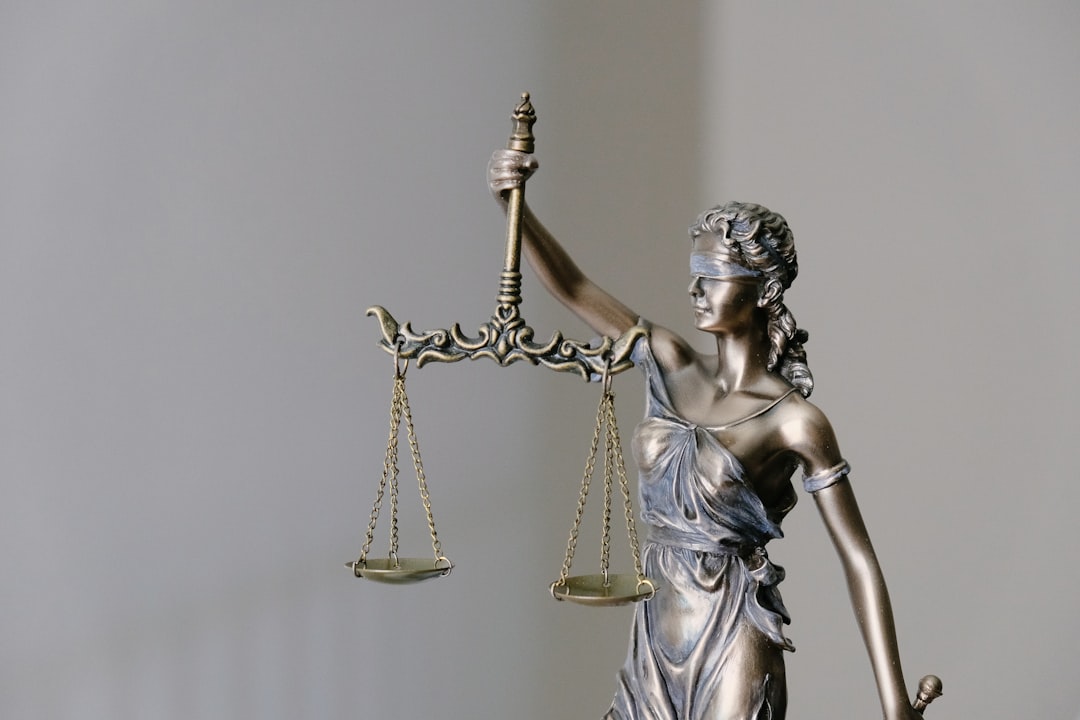In South Carolina, understanding rape laws is crucial for anyone facing charges. This comprehensive guide delves into the complexities of these laws, highlighting key aspects that can shape your defense strategy. A skilled rape lawyer in South Carolina plays a pivotal role in navigating this labyrinthine process, ensuring your rights are protected. From interpreting statutes to providing emotional support, choosing the right legal counsel is essential for a favorable outcome. Explore these sections to gain insights and make informed decisions regarding your case.
Understanding Rape Laws in South Carolina

In South Carolina, understanding rape laws is crucial for anyone facing sexual assault charges or seeking justice. The state has specific definitions and requirements for various types of rape, including forcible rapes and statutory rapes. A rape lawyer in South Carolina plays a vital role in navigating these complex legalities. They help clients understand their rights, gather evidence, and build a robust defense strategy.
Rape is defined as sexual intercourse or other sexual acts without legal consent. Consent must be freely given, enthusiastic, and informed. Experts recommend engaging a rape lawyer early in the process to ensure fair treatment. These attorneys are well-versed in state laws and can guide clients through pretrial hearings, trials, and potential appeals, aiming for the best possible outcome in what is often an emotionally charged and challenging situation.
The Role of a Rape Lawyer in Your Defense

When facing rape charges, having a skilled and knowledgeable rape lawyer in South Carolina by your side is invaluable. These legal experts are specialists in navigating the complex and often emotionally charged landscape of sexual assault cases. They play a pivotal role in protecting your rights and ensuring a fair trial.
A rape lawyer South Carolina will vigorously defend you, challenging the evidence and testimony presented against you. They will expertly cross-examine witnesses, scrutinize procedures, and raise legal arguments to weaken the prosecution’s case. Furthermore, they advocate for alternative explanations and offer strategic defenses tailored to your unique situation, aiming to achieve the best possible outcome in your favor.
Navigating the Legal Process: What to Expect

Navigating the legal process after a rape allegation in South Carolina can be daunting, but having an experienced rape lawyer by your side is crucial. The first step involves understanding the charges against you and gathering evidence to build a robust defense strategy. A skilled attorney will thoroughly review the case, examining any potential violations of your rights during the investigation and arrest stages. They’ll also ensure that all procedures were followed correctly, as errors in these processes can weaken the prosecution’s case.
During court proceedings, expect a structured yet intense environment. Your rape lawyer will guide you through each phase, from pre-trial hearings to the actual trial. They will present your defense, cross-examine witnesses, and challenge any evidence presented by the prosecution. The goal is to cast reasonable doubt in the minds of the jurors, which can lead to a not-guilty verdict. Remember, a rape lawyer in South Carolina specializing in such cases knows the ins and outs of state laws and will advocate for your rights and freedom.
Choosing the Right Rape Lawyer for Your Case

When faced with a rape charge, selecting the ideal legal counsel is a critical step in your defense strategy. In South Carolina, there are specialized lawyers who focus on sexual assault cases and have extensive knowledge of the intricate laws surrounding this complex issue. These experts can make all the difference in navigating the criminal justice system.
Finding the right rape lawyer involves considering their experience, track record, and areas of expertise. Look for attorneys with a proven history of successfully defending clients against rape accusations. They should be well-versed in local laws, capable of building robust defenses, and adept at negotiating plea deals or advocating for acquittal during trials. Expertise in handling sensitive cases discreetly and effectively is essential to ensure your privacy and the confidentiality of evidence.






